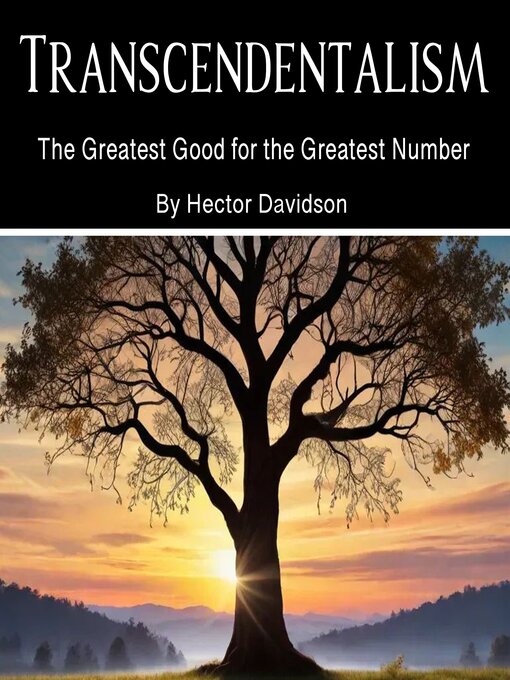Transcendentalism is a philosophical and literary movement that emerged in the early 19th century in America, primarily associated with thinkers like Ralph Waldo Emerson, Henry David Thoreau, and Margaret Fuller. It developed as a reaction to the industrial revolution, the growing materialism of society, and the influence of traditional European intellectual thought. Transcendentalism posited that knowledge transcends the senses and that reality can be understood through intuition and spiritual insight rather than empirical observation alone. This belief is rooted in the idea that each individual has access to divine truths through personal experience and direct communion with nature.
At its core, Transcendentalism emphasizes the importance of the individual and the power of self-reliance. It encourages a connection to nature as a means of finding spiritual clarity and understanding. Nature, for the transcendentalists, was not simply a physical world to be studied but a living, divine entity that could guide personal growth and spiritual development. They argued that individuals should look within themselves and to nature for truth, rather than relying on societal conventions or religious institutions.
The roots of Transcendentalism are found in a variety of sources, including German idealism, Eastern philosophy, and the American Puritan tradition. However, it was through figures like Emerson, who published his seminal essay Nature in 1836, that the movement gained significant traction. Emerson's ideas about self-reliance, individualism, and the divine presence in nature resonated with many Americans seeking an alternative to the rigid societal structures of the time.
